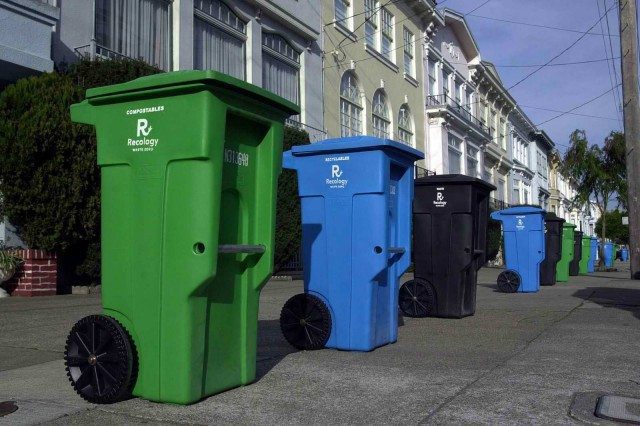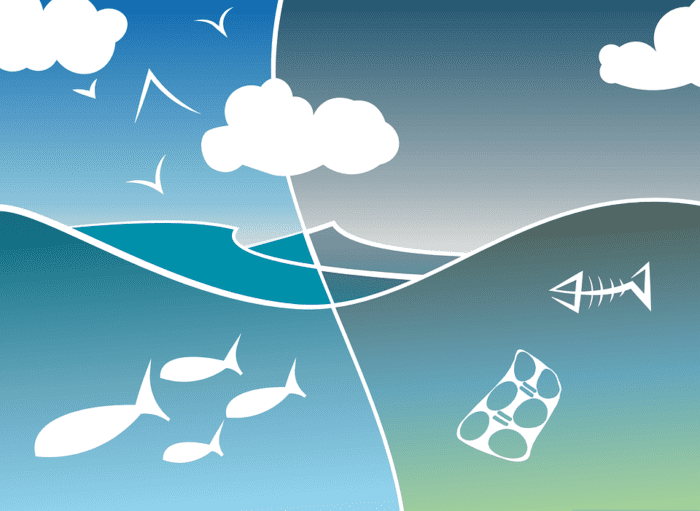What do you think; are we doing our humanity justice?
For everything that humanity has going for it, do you think we could be doing a better job?
In some ways, we are not smart enough, but in others, we’re too smart for our own good. In so many situations, we are amazing at doing the wrong things. The solutions to the problems we face are all around us, yet our economic, social, and cultural systems seem stuck in the dark ages. What gives?
Shop Consciously
Of course, Big Money has interests, and it moves slow. For some, it is difficult to understand how people can make money by keeping us in the dark ages until it becomes clear that we are effectively using our buying power to purchase this reality into existence.
We get to vote with what we buy daily, and it is the best tool we have to move the world in the directions we want it to go. Too often, we buy what we don’t support. The strategy is simple; if the company you are spending money with does not share your values, stop buying their stuff. If enough of us do this in a coordinated way, we can move the world.
A Wake-Up Call

Our time to live care-free and oblivious to the Earth that provides for us is over. There are now companies in most sectors of business that perform similar services to conventional old-world options but remain committed to true cost accounting and a values-based approach to business. We can no longer remain oblivious to the impact of our actions and addictions.
We are out of balance; we are falling behind; you can see and feel the disconnect everywhere. Globally, we use 160,000 single-use trash bags every second; their average time of use is only 12 minutes. They are clogging up the oceans and they sit in landfills for thousands of years until they melt into microplastics that are now being found inside organisms from the darkest depths of our oceans.
Grow Consciously
There are billions of life forms contained in only a teaspoon of living soil; and we watch conventional farmers, lawn care services, our City Parks Department, and our neighbors destroy soil with man-made artificial toxic chemicals, only to chase all of the problems they are creating with more toxic chemicals.
The way we farm and care for the land — monocultures, GMO crops, heavy applications of synthetic fertilizers — has made us dependent upon toxic rescue chemistry, and unfamiliar with cleaner and more natural methods of agriculture. Think about it; we are smarter than yields at all costs, using artificial materials to grow living systems, short term thinking, and immediate gratification.
Without a healthy perspective for balance and diversity through an “ecosystem approach”, we put ourselves on a chemical treadmill with a horizon that stretches only as far as the next crop. We obscure the broader and longer-term context of why we have become so chemically dependent in the first place, and how we might be able to break free of the addiction.
We have a limitation of language when it comes to holding ourselves accountable on this level. We are always playing for the short term and operating in ways that are blatantly benefiting the few at the expense of the many, but more directly, on an individual level, we consistently and unconsciously encourage the opposite of our self-interests.
Depructivity
“Depructivity” is the dark side of productivity that, often by design, lies mostly outside of our awareness. It is “depructive” to corporate farmers’ subsidies and not family farmers. It is “depructive” to pollute the environment in the name of profit. It is “depructive” to gorge ourselves in the face of hunger. It is “depructive” to engage the present without a plan for the future. In short, “depructivity” undermines what we would want if we were asked.
A good example of “depructivity” is the average car. Most cars run on gasoline, a source of energy produced from a finite resource that pollutes the Earth, and that we purchase from organizations that arguably do not have our interests in mind. When looked at objectively and we realize that we have other options, this doesn’t sound like a very smart idea, right?
Fast food is “depructive”. Estimates say that a $3 fast-food cheeseburger would cost anywhere from $12 to $30 without government subsidies. Fast food agriculture pollutes the environment and is allowed to engineer “food” that is cheap, delicious, convenient, and extractive using our tax dollars. This is corporatism. It’s what Dr. Vandana Shiva calls “fake cheap”.
In fact, anything fake is “depructive”. Fake fats. Fake news. Fake sugar. Fake money. Fake…period.
Many acts done in the name of productivity are, in the end, just plain stupid. But the term “depructive” is not a judgmental term. It is a new kind of word that escapes meaning and lives in the margins. It is pointing out a blind spot in our modern human nature.
We don’t have words for this phenomenon in our lexicon, and words matter. Without words, we are the blind leading the blind. We have become so accomplished at fooling ourselves that we are fooling ourselves.
We are at an inflection point in our history, where the actions that we take now will define the health and success of our future. And we don’t get a do-over. It is time to wake up.
People Before Profit

The status quo is not good enough. Given the ability and ingenuity available to us in the world, we are at a point of great potential prosperity; but we need new ideas rooted in the natural world, we need to bring balance and discernment to our decision-making process, we need more heart and less head, and we need to put people before profit.
We face real and growing problems. Many have decades of entrenchment and momentum in the wrong directions. We cannot be afraid to say no to the conventional idea of progress, to cut the cord, to build new systems that make the existing systems obsolete.
Start A Conversation
To solve our problems, we need to raise the level of dialogue. We need a fresh conversation and a new vocabulary. Sustainability is a popular buzzword for being hip to the social, environmental, and economic issues that we face, but sustainable is no longer sufficient. Unfortunately, we cannot sustain what we have and call it good enough.
Regenerative is the new sustainable.
Defining Regenerative
What is “regenerative”? The term describes processes, perspectives, and methods that restore, renew, or revitalize. Regenerative systems build themselves up over time, and they yield more energy than they use. The principle of regeneration allows us to use our problems to find solutions.
A regenerative approach creates positive feedback loops that not only sustain themselves but retain the capacity to generate their own energy. By establishing systems that reinforce and support themselves, we are integrating the ambitions of society with the integrity of Mother Nature.
To solve our problems, we need to play a massive game of catch up. We need to mobilize masses of people motivated by a message of human health and common sense. We need to incentivize healthy actions and bring those who have become disillusioned by crony politics back into action, particularly in local politics.
We have to tell a new story about ourselves, about our brilliance, about the wonder in the world. The reverence we generate must be passed down to our children in the form of imagination, intuition, and heartfelt inspiration. These impulses are in resonance with what makes us great and aligned with a future that includes every single one of us.
We can right the wrongs of the world, but only together. Only when all of us organize around a core set of principles that no human with ambitions for a healthy future built on common sense can deny. We outnumber “them” by billions and are calling for a recalibration of our sociopolitical priorities and a new articulation of our cultural conviction. We are calling on all of us.
An Uphill Battle
The issues that we face are daunting. They are not black and white, and are not a result of a single problem or a unique solution; they are multidisciplinary, cross political spectrums and specializations, and challenge us to show up in collaboration and cooperation, rather than calculation and competition.
If we look at the enormity of the problem, it can be overwhelming. The secret is to let go, then break a complicated situation down into small bite-sized steps. If we seek guidance and have faith in living systems, we come to understand that Mother Nature has already shown us the way to abundance and that we are actually in the process of remembering.
The consequences of compromise and settling for “good enough” in regards to human and environmental health and prosperity are now apparent. The prosperity gap is widening, and people are being left behind. This is not just a human problem; this is a public health problem, it is an economic problem, and it is an environmental problem.
Live Consciously
We can no longer remain unconscious to ourselves, our neighbors, and the Earth; we must respond with consciousness. We need to lead Mother Earth with open hearts and open minds through spiritual action and have a high-level conversation on what we want to be in the world that starts with common sense and ends with healthy people. If we get this right, the rest will come naturally.
Ultimately, we are human be-ings, not human do-ings. We are resilient. Eventually, we will begin to go within, sit still, and meditate long enough to realize the damage that we are doing, the power that we have, and the dangers that we face, and navigate a path to prosperity and abundance. But the longer we wait, the harder we make it on ourselves.
We have the solutions to our problems, and we can create abundance on Earth through positive feedback loops and regenerative methods. What we need is the personal, collective, and political will to make it happen. After all, the outcome for humanity is the sum of people’s desire for the future; the sum of human will.

Dude, I make piles out of my grass, weeds, plants after the seasons end, leaves, anything organic, and It decomposes with the help of compost critters that live under the piles. I read you get a 55 gal plastic trash bin, and fill a pillowcase with your composted material to make tea. How long it is good for seems only 36 hrs maybe from your article. Can that be a complete hydroponic feeding for a week? Then make more?